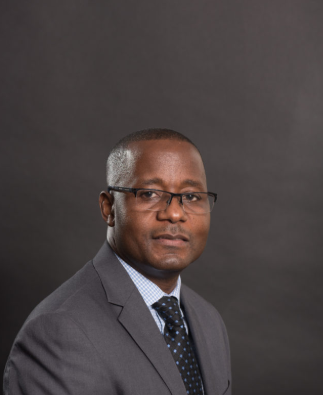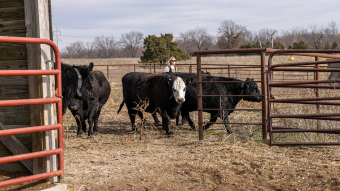June 25, 2020
Contact: Brian Consiglio, 573-882-9144, consigliob@missouri.edu

The number of young people around the world who are unemployed, not pursuing an education or in some kind of training program is rising, according to the International Labour Organization. This trend can be particularly harmful for rural communities, as youth who become disconnected with community organizations are more likely to engage in dangerous activities, such as crime or drug use.
Now, researchers from the University of Missouri have found that community engagement efforts in rural areas and the establishment of strong mentorship programs can help connect vulnerable youth with opportunities and resources to improve their livelihood and contribute to society.
Wilson Majee, an associate professor in the MU School of Health Professions, and his team interviewed community leaders and surveyed youth in rural Missouri to examine how societal perceptions of community resources influenced youth leadership development and health promotion. He found that in rural communities, MU Extension and schools were the most important resources for engaging youth in leadership development. More youth representation is also needed throughout community organizations like libraries, churches and local governments.
“Even in areas with limited resources, the greatest asset a community has is its people,” Majee said. “Young people need role models from whom they can gain wisdom and learn important skills. Community leaders must recognize the value of mentorship because the future of their communities lies with the youth.”
Majee added that identifying opportunities for rural youth to have their ideas heard and be included in community decisions helps not only at-risk youth, but also the community as a whole.
“Whether it’s volunteering, playing sports or just being part of a community organization, finding something responsible for young people to get involved in keeps them occupied and gives them a sense of value,” Majee said. “We need to find ways to keep them engaged because everyone has something to contribute to their community.”
“Youth engagement: A mixed method investigation of adult and youth perceptions of community resources in rural America” was published in the Journal of Community Development. The study was funded by the University of Missouri South Africa Educational Program. The content is solely the responsibility of the authors and does not necessarily represent the official views of the funding agencies.



